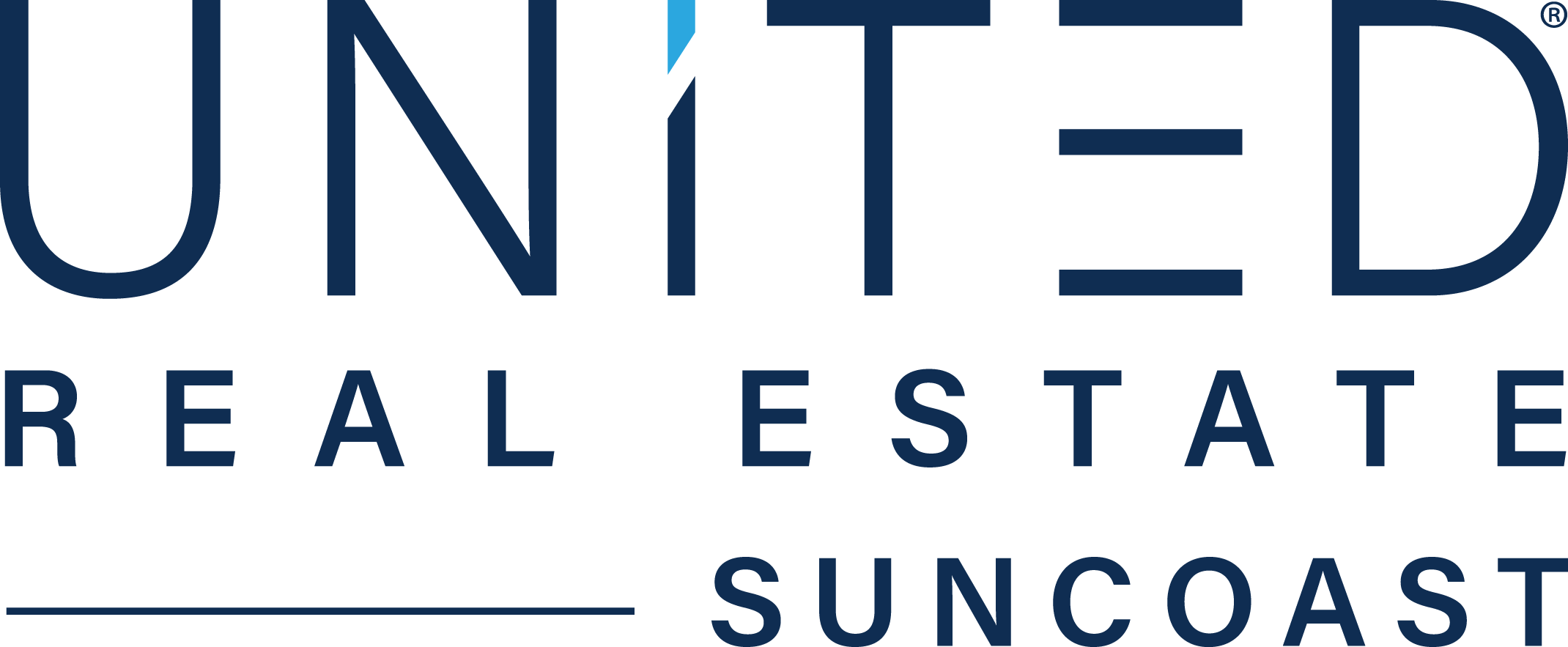News & Media
NEW YORK – Conventional mortgage loans are one of the most popular options for financing a home, accounting for 77% of all mortgage loans issued in 2022, according to government data.
Data show that Federal Housing Administration (FHA) loans accounted for 14% of loans and U.S. Department of Agriculture and Veterans Affairs (VA) loans accounted for 9% of loans in 2022.
Conventional loans issued by private mortgage lenders are not backed by the government and often have low down payment requirements. Additionally, they have a variety of loan terms and rate options, and borrowers also have the option to avoid mortgage insurance.
Conventional loan interest rates are fixed or variable, and the loans fall into either conforming or nonconforming loan types. Conforming loans are conventional loans that a lender intends to sell to Fannie Mae and Freddie Mac, which are government-sponsored entities, and the lenders have eligibility guidelines to follow, such as minimum credit score, maximum debt-to-income ratio, and maximum loan amount. As long as the criteria are met, lenders have discretion on loan terms, interest rates, and qualification requirements.
Lenders that issue nonconforming conventional loans do not intend to sell them to Fannie Mae or Freddie Mac, which means they carry greater leeway in qualifying requirements. One common type of nonconforming loan is a jumbo loan, which exceeds the local conforming loan limits, so buyers use them to buy homes in higher-cost markets and price ranges.
Home buyers should always shop around for conventional loans as lenders have different requirements and rates. Heatherly reports that credit score is one of the most important factors in qualifying for a conventional loan.
Source: Wall Street Journal (05/14/24) Yale, Aly J.
© Copyright 2024 Smithbucklin


